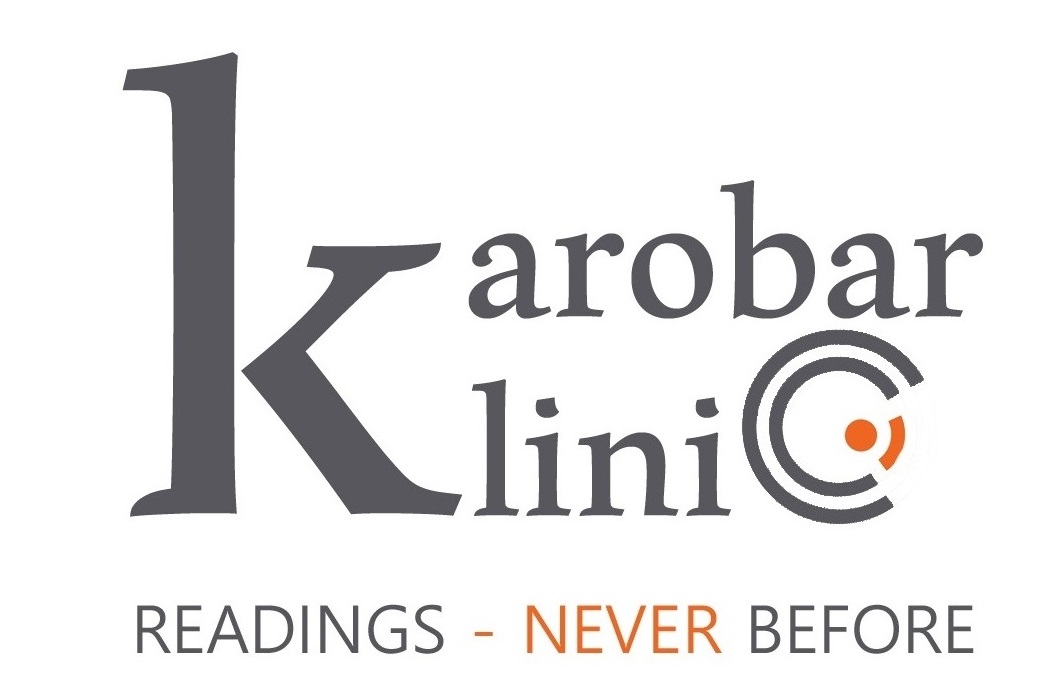Why Skills-Based Talent Is in High Demand?

Discover the benefits, challenges, and the transformative impact on employee quality, time to hire, and workplace diversity.
In recent times, there’s been a discernible shift in the hiring landscape as companies increasingly embrace skills-based hiring, a pivotal trend shaping the modern workplace.
According to TestGorilla’s insightful report, “The State of Skills-Based Hiring 2022,” a whopping 76% of employers now incorporate skills-based hiring practices in their quest for new talent, with almost 55% leveraging role-specific skills tests.
Adapting to the Changing Paradigm
This paradigm shift gains momentum, especially as a growing number of professionals demonstrate that a college degree isn’t the sole determinant of job competence. Notably, over the past year, LinkedIn observed a remarkable 21% increase in job postings emphasizing skills and responsibilities over traditional qualifications. Furthermore, a recent SHRM survey indicates a significant shift, with 1 in 4 organizations planning to expand their use of pre-employment tests over the next five years.
Navigating Challenges in Talent Acquisition
In the face of a challenging economy and the ongoing struggle to attract and retain highly skilled workers, the ability to pivot and embrace cutting-edge talent practices becomes imperative. Let’s delve into why forward-thinking employers are increasingly turning to skills-based hiring.
1. Better Quality of Candidates
The cost of a bad hire can be staggering. Research by Dr. Bradford Smart indicates that a misguided recruitment decision can cost a company anywhere from five to 27 times the salary of the hired individual. However, the implementation of skills-based hiring has proven to enhance the quality of candidates. According to the TestGorilla survey, 92.5% of companies witnessed a reduction in their mis-hire rate, with a substantial 44% reporting a decrease of more than 25%.
2. Expanded Talent Pool
A standout advantage of the skills-based hiring approach is its ability to cast a wider net. At a time when top talent is scarce, this approach brings a considerable benefit. Notably, the interest in skills-based hiring extends beyond the private sector, with even states like Maryland removing four-year college degree requirements for nearly 50% of its positions, revolutionizing opportunities for qualified, non-degree candidates.
3. Accelerated Time to Hire
In the realm of recruitment metrics, time to hire is of paramount importance. Skills-based hiring streamlines and expedites the hiring process. Early assessment of candidates allows HR teams to swiftly rank applicants based on their quantifiable skills. TestGorilla’s findings reveal that 91% of companies experienced a reduction in their total time-to-hire, with 40% reporting a decrease of more than 25%.
4. Reduced Hiring Costs
Recruiting based on skills translates to faster vacancy fill-ups, thereby reducing the overall cost of advertising and marketing positions. Moreover, candidates hired for their skills often require minimal to no training, resulting in cost savings during the onboarding process.
5. Improved Retention Rates
Skills-based recruiting emerges as a powerful tool for bolstering retention rates. According to McKinsey, hiring for skills is five times more predictive of job performance than hiring based on education and more than twice as predictive as hiring for work experience. Interestingly, employees without college degrees tend to stay in their roles 34% longer than their degreed counterparts, addressing the rising issue of staff turnover.
6. More Diverse Workforce
As the cost of a college education skyrockets, millions of Americans find themselves excluded from career paths that demand a four-year degree. Skills-based hiring champions workplace diversity, equity, and inclusion by offering opportunities to those historically sidelined due to educational constraints. It levels the playing field, allowing candidates to be considered solely based on their ability to perform the required duties.
Conclusion:
In essence, skills-based hiring transcends the realm of buzzwords. It stands as a mutually beneficial strategy for both organizations and their workforce. For companies, it provides the agility and flexibility necessary in the current economic landscape. For employees, it unlocks opportunities and fosters a culture of continuous growth and development. The question that lingers is whether more organizations will embrace these practices to align with the evolving demands of today’s workforce. Only time will reveal the extent to which this strategic shift transforms the landscape of talent acquisition.
AI Analytics Billing Books Branding Business Cafe Canada Collaboration Data Science Digital Transformation Education Entrepreneurship Health Innovation Kids Learning Lessons Lifestyle Management Mobile App Development Networking Opportunity Partnership Politics Retail Review Software Development Stress Success Team Work Technology Together Training Travelling UpSkilling Youtube



